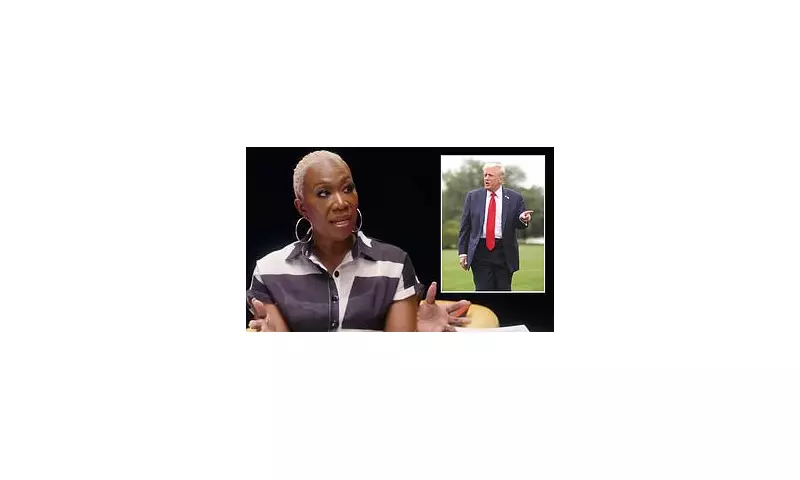
MSNBC presenter Joy Reid has ignited a political firestorm with controversial remarks suggesting Republican lawmakers are pursuing the complete abolition of federal income tax in what she describes as a radical economic overhaul.
Explosive Claims on Primetime Television
During her widely-watched programme, Reid made startling assertions about conservative tax policy objectives, claiming that Republican figures are actively working toward eliminating the federal income tax system that has funded government operations for generations.
'They want to get rid of the income tax altogether,' Reid declared to her audience, framing the alleged proposal as part of a broader conservative agenda that would fundamentally reshape American fiscal policy.
Immediate Backlash and Political Fallout
The comments prompted immediate reaction across political circles, with conservative voices condemning Reid's characterisation as misleading and inflammatory. Critics accused the MSNBC host of presenting speculative policy discussions as concrete political plans.
Republican strategists and commentators quickly took to social media and other platforms to dispute Reid's claims, arguing that no mainstream Republican proposal calls for the complete elimination of federal income tax.
Context of Ongoing Tax Debates
The controversy emerges against the backdrop of genuine discussions about tax reform in Washington, where some conservative thinkers have floated ideas about alternative revenue systems. However, these remain theoretical discussions rather than formal legislative proposals.
Political analysts note that while tax reduction has been a consistent Republican priority, the complete abolition of income tax represents an extreme position well outside mainstream conservative policy platforms.
Media Polarisation Intensifies
This incident highlights the deepening divide in American political media, where cable news personalities increasingly frame policy debates in stark, confrontational terms. Reid's comments reflect a growing trend of presenting political opposition as advocating for radical, system-changing proposals.
The episode has sparked broader conversations about media responsibility and the accuracy of characterising political opponents' positions in increasingly polarised times.
As the controversy continues to develop, it underscores the challenges facing political discourse in an era of heightened partisanship and media fragmentation.





